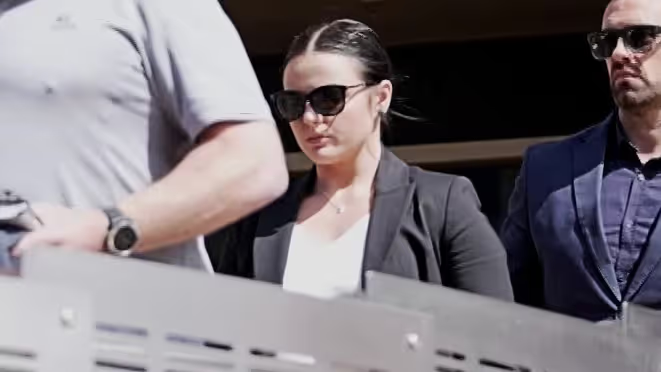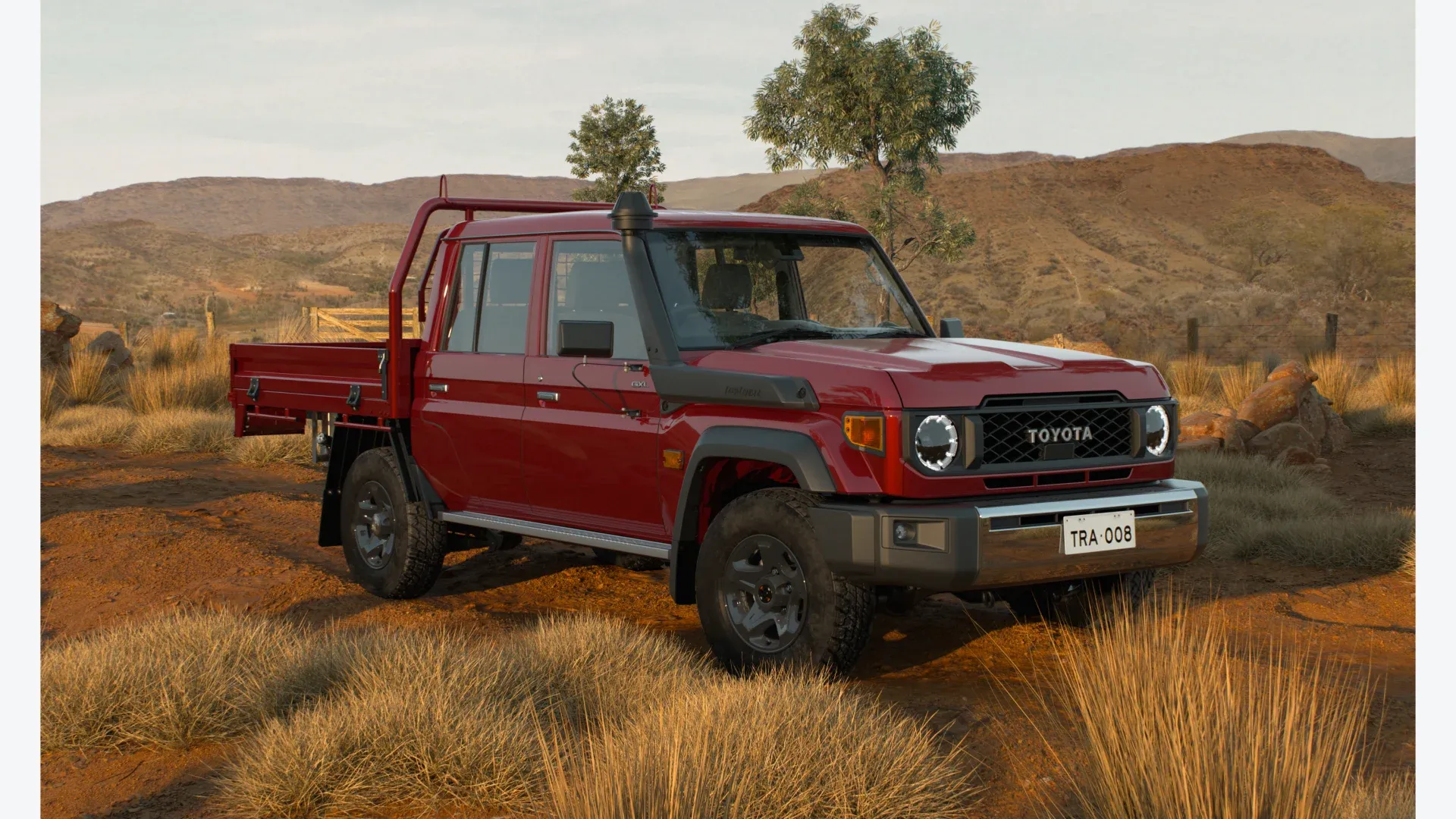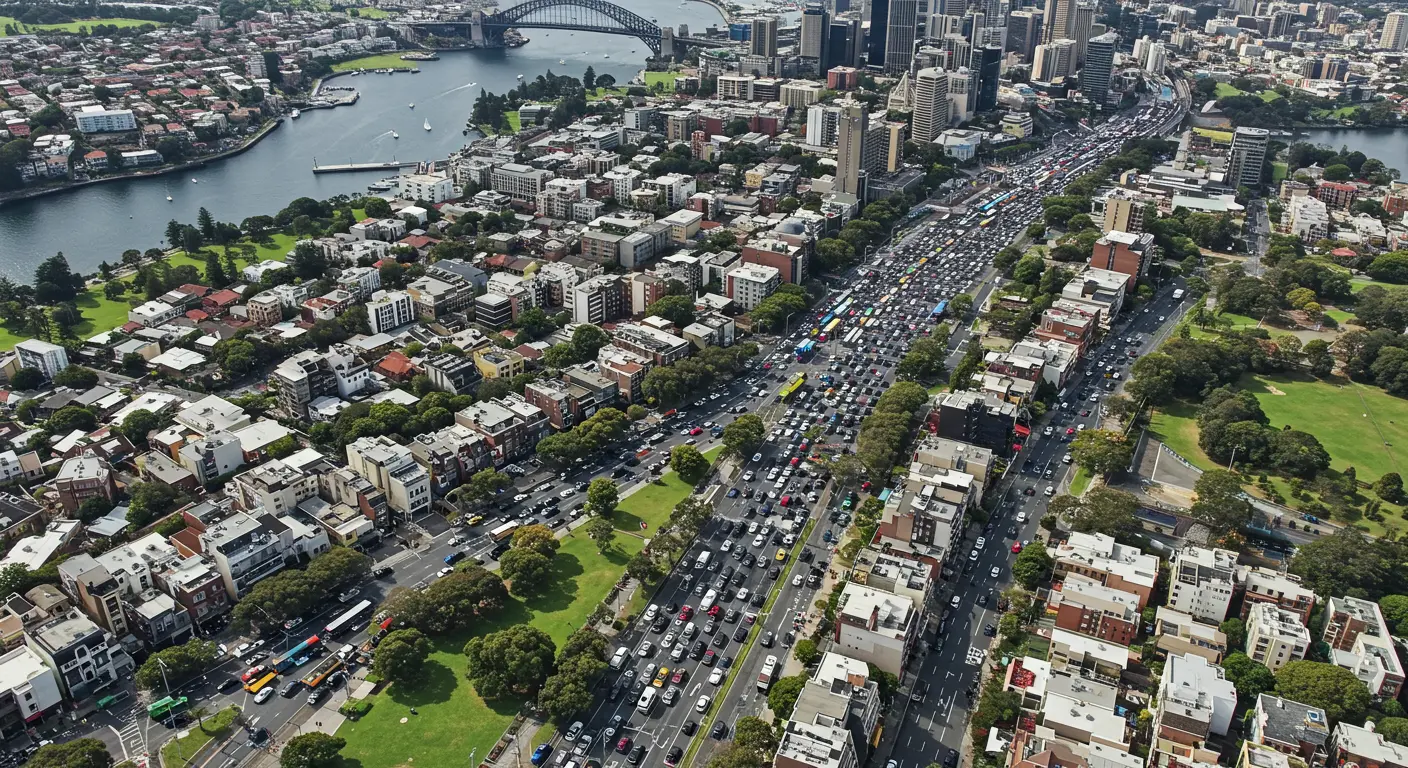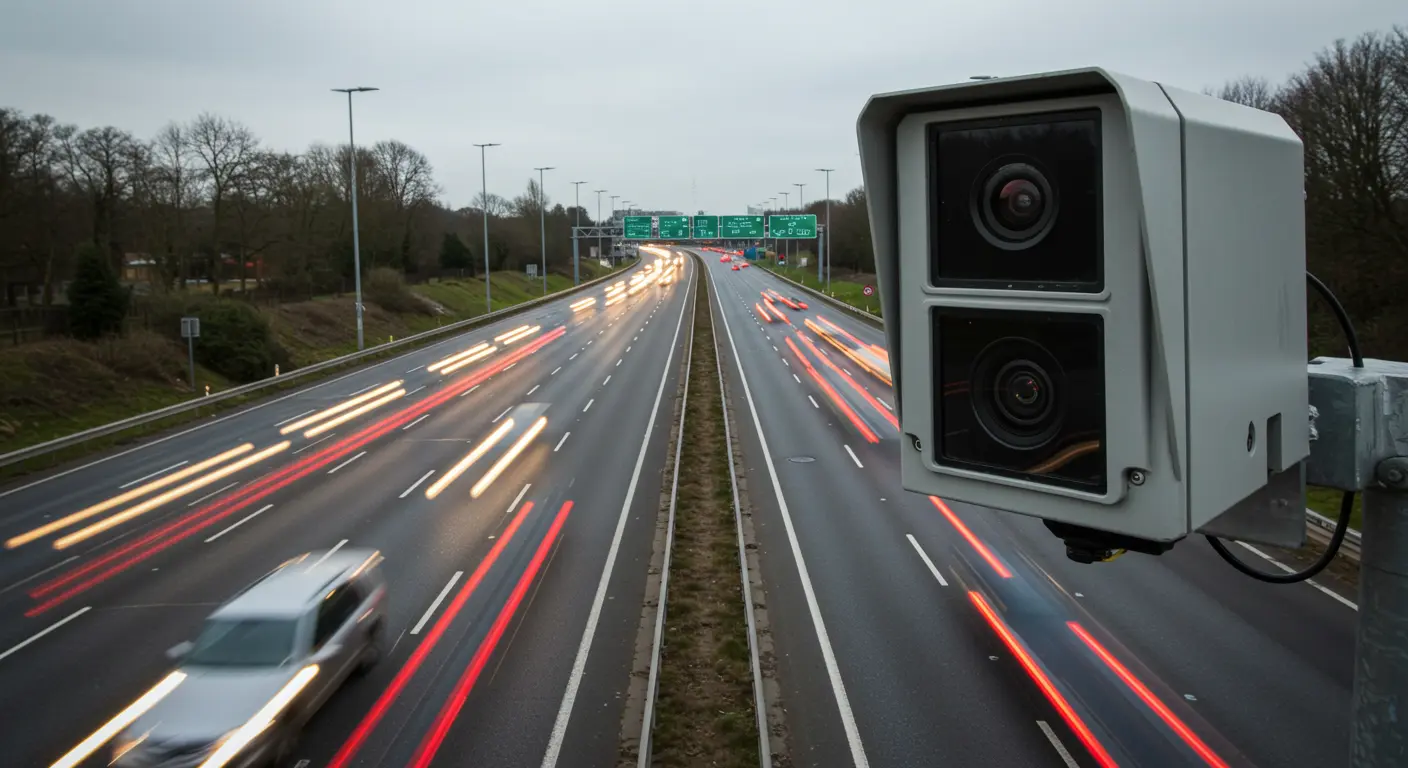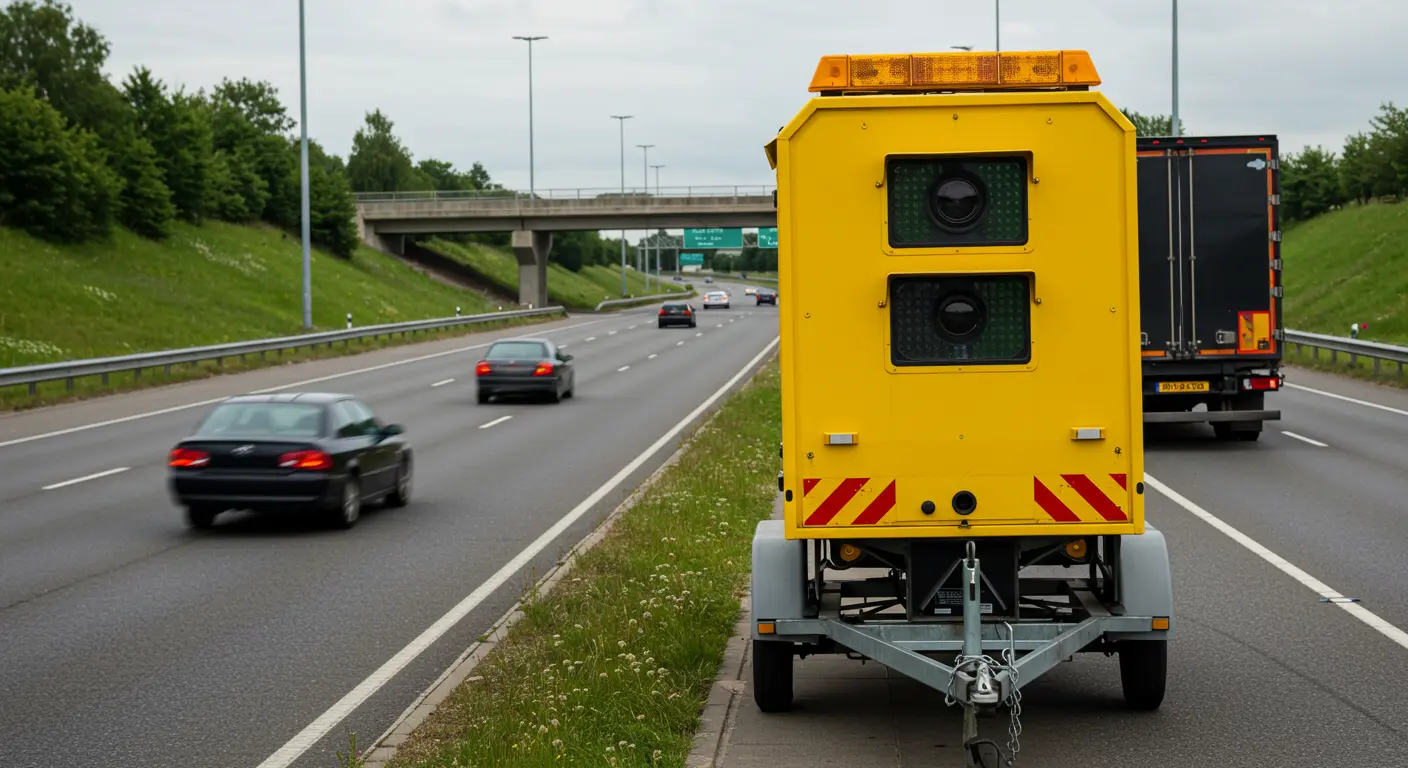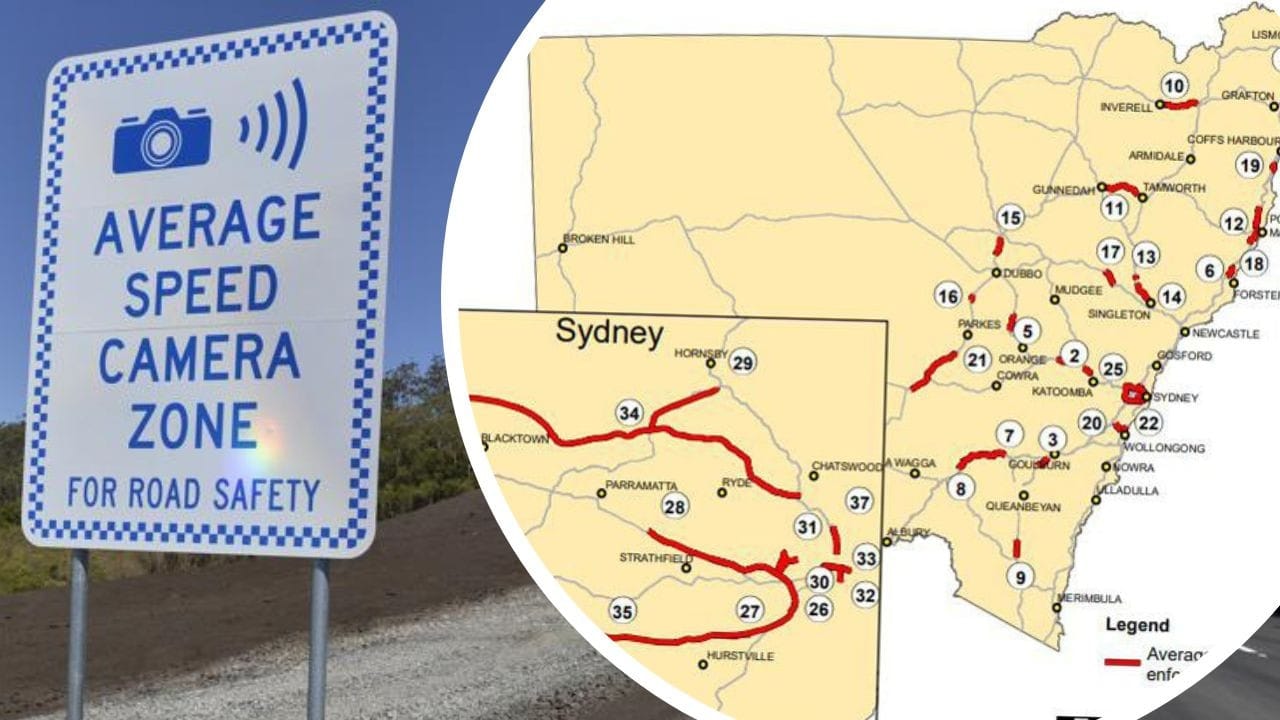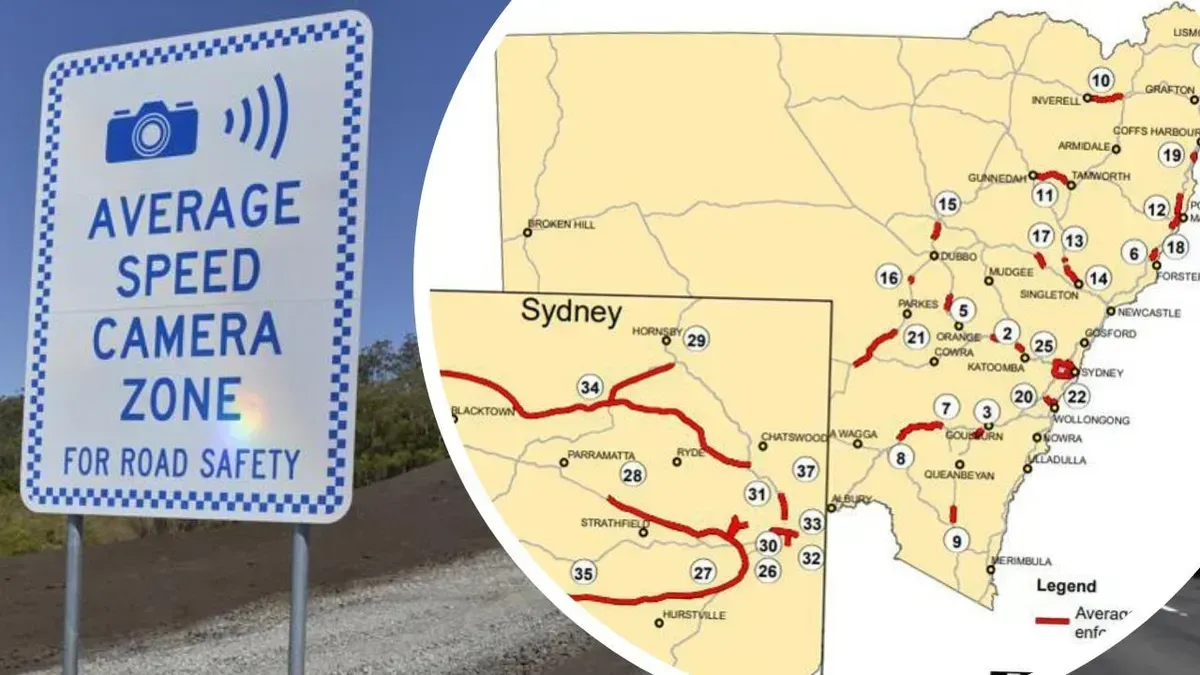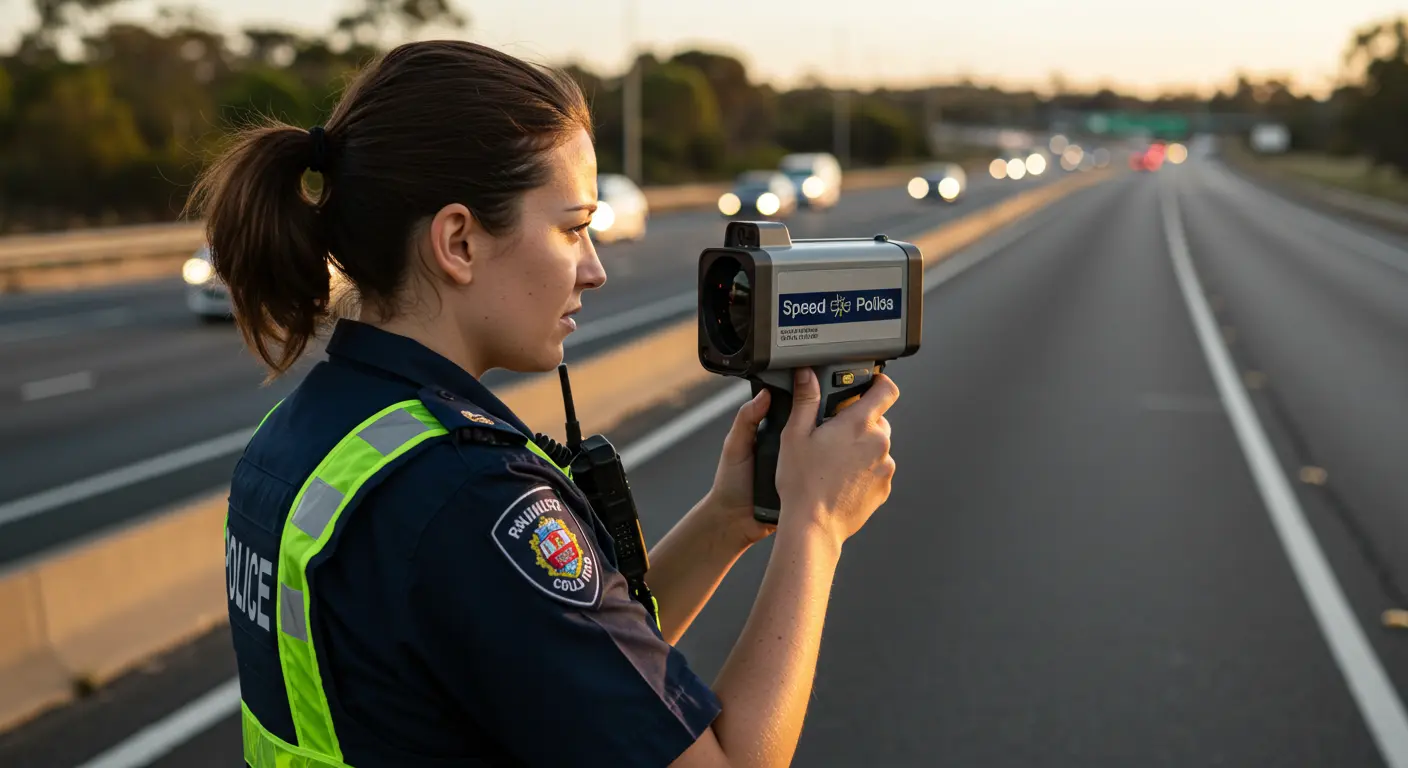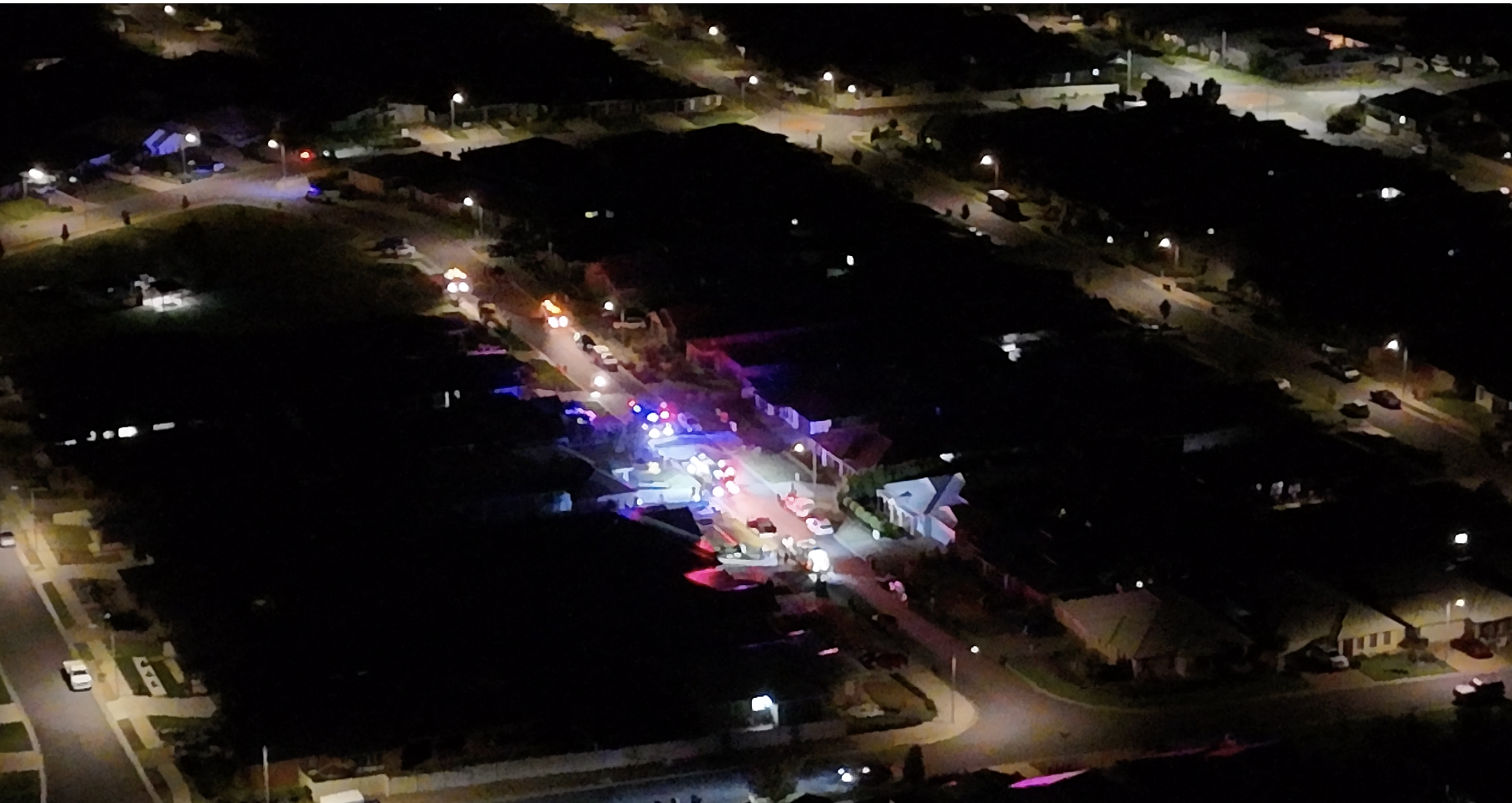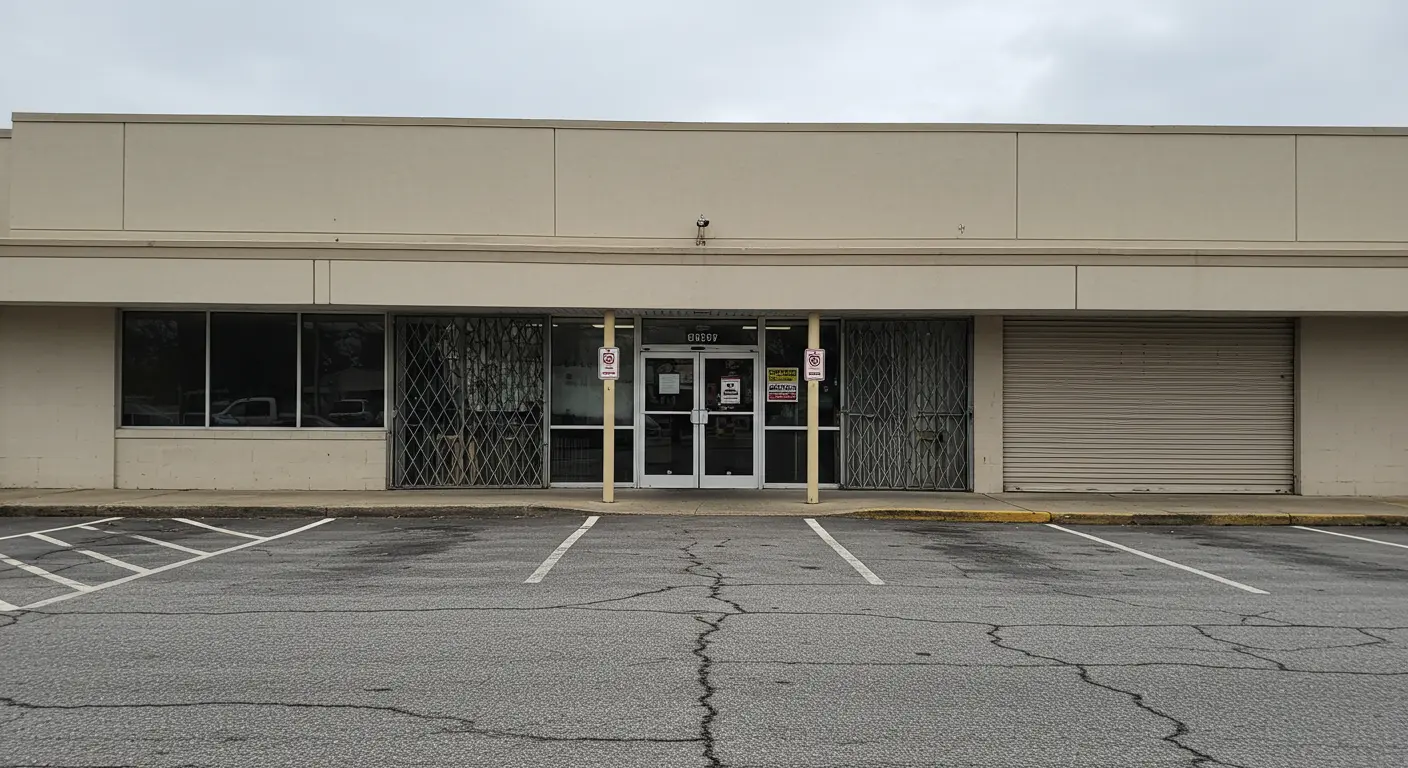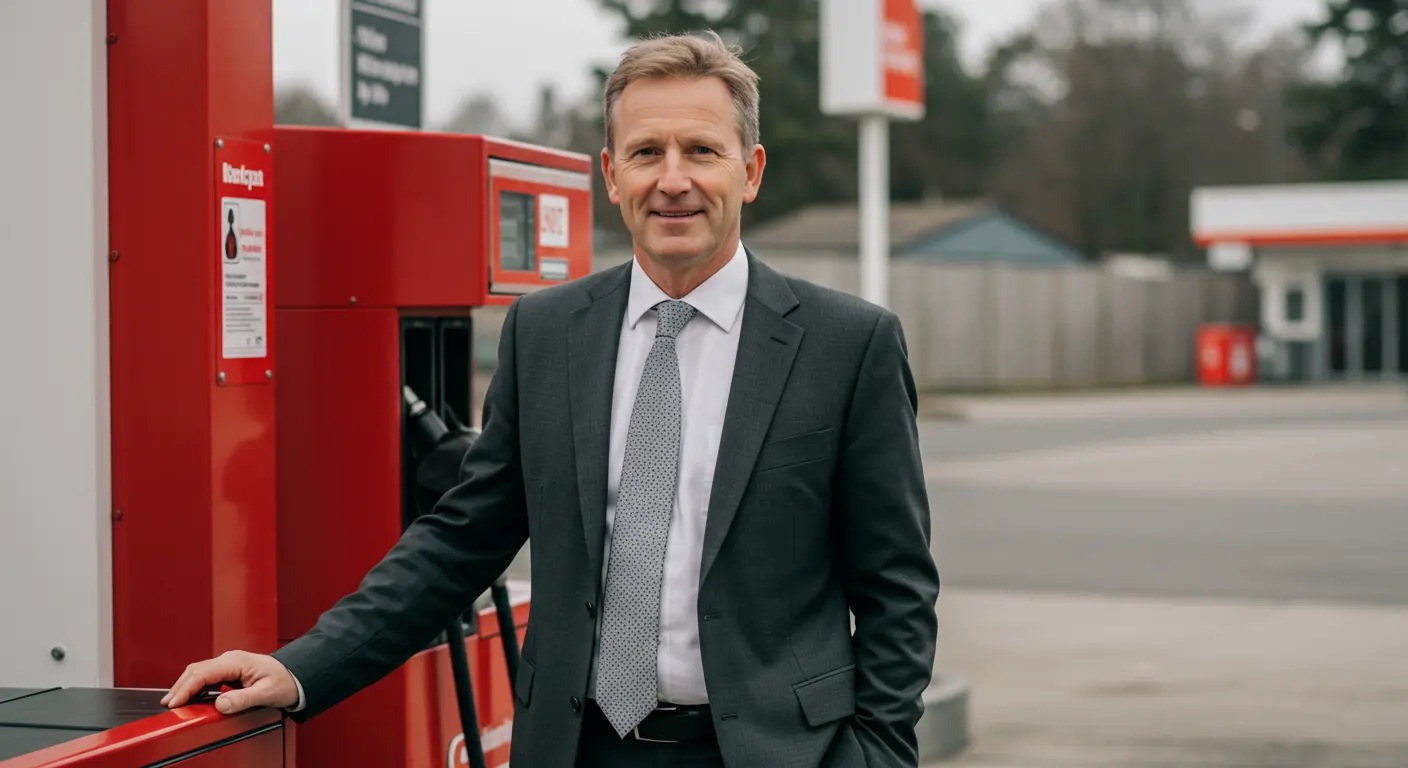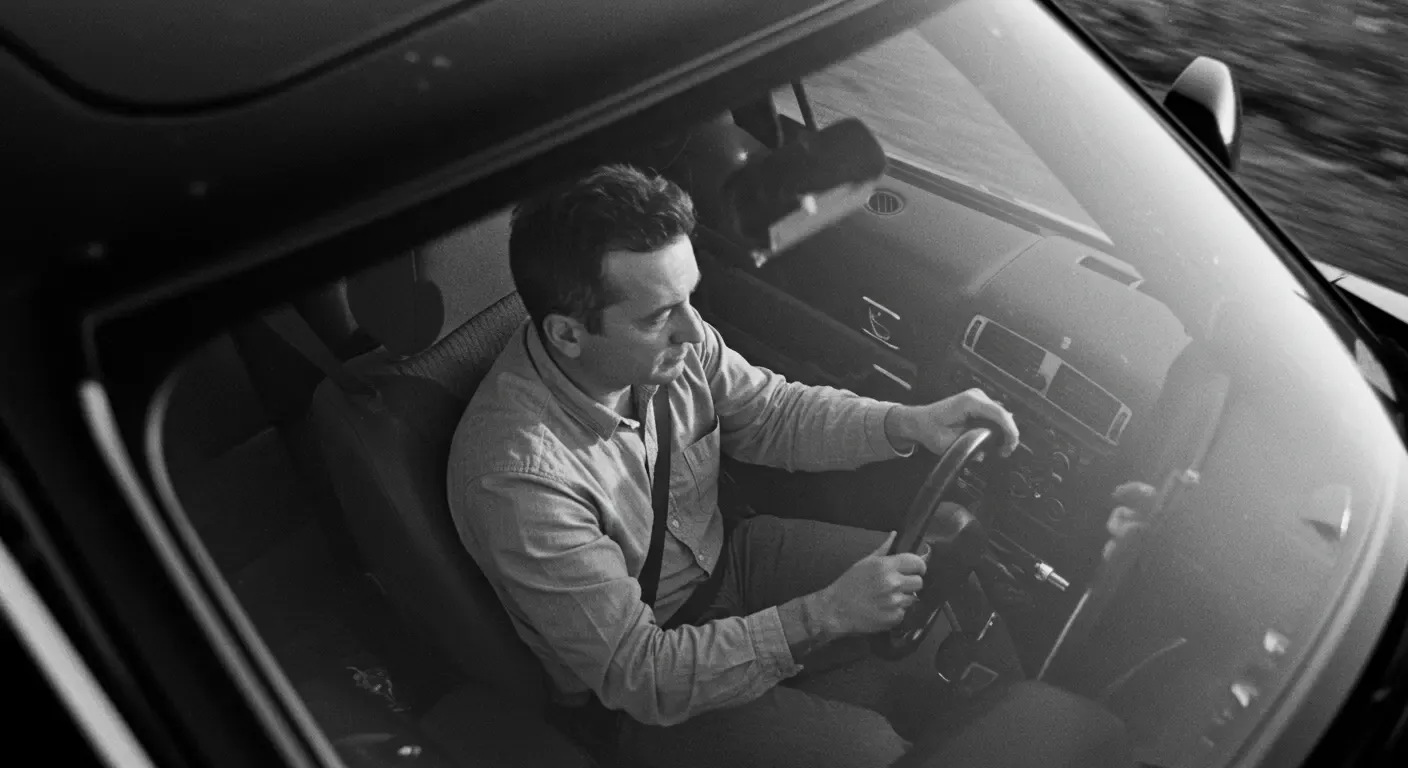Over the past few years, I've noticed a growing trend in the Australian automotive market – the unprecedented demand for certain vehicle models, leading to extended wait times and creating a lucrative opportunity for those looking to make a quick profit.
As I delved deeper into this phenomenon, I couldn't help but notice the striking similarities to ticket scalping in the entertainment industry, which has prompted legislative action across Australia. In this article, I'll explore the parallels between these two markets and share my thoughts on the potential implications for the automotive sector.
The New Vehicle Market Squeeze
I've been keeping a close eye on the demand for popular vehicles, particularly certain Toyota models, which has resulted in significant wait times for new car buyers. Take the Toyota LandCruiser 70 Series, for example – some buyers are facing wait times extending into 2024. The Toyota RAV4 Hybrid is another case in point, with wait times previously reaching up to 24 months or more. It's clear to me that these extended wait times have created a secondary market where some buyers are willing to pay a premium to skip the queue.
The Resale Opportunity
With such long wait times, I've noticed that some individuals have spotted an opportunity to profit. They place orders for in-demand vehicles and then resell them at a markup once delivered. Let's take the Toyota LandCruiser 70 Series as an example. If someone purchased it new in 2019 for around $67,600, they could potentially sell it for close to the new 2024 price of $87,600, representing a significant profit opportunity. Similarly, a 2-year-old RAV4 Hybrid purchased for $50,000 could potentially be resold for around $39,150, which is close to the price of a new base model. This practice reminds me of ticket scalping, where sought-after event tickets are resold at inflated prices.
| Model | New Price (AUD) | Resale Price (AUD) | Profit Potential (AUD) |
|---|---|---|---|
| Toyota LandCruiser 70 Series | $87,600 | $100,000+ | $12,400+ |
| Toyota RAV4 Edge Hybrid | $58,360 | $65,000 | $6,640 |
| Ford Ranger Wildtrak | $69,640 | $75,000 | $5,360 |
| Mazda CX-5 | $44,490 | $50,000 | $5,510 |
| Toyota HiLux SR5 | $61,190 | $68,000 | $6,810 |
| Hyundai i30 N | $49,990 | $55,000 | $5,010 |
Ticket Scalping Laws in Australia
I've been following the response to ticket scalping issues in the entertainment industry, and I've seen Australian states implement anti-scalping laws. In New South Wales, reselling tickets for more than 110% of the original price (including transaction costs) is prohibited, with maximum penalties including fines of $110,000 for corporations and $22,000 for individuals. Victoria has similar laws for declared "Major Events," with fines of up to $576,930 depending on the nature and frequency of the offence. Western Australia restricts ticket resale to a maximum 10% markup from the original price, with fines ranging from $20,000 for individuals to $100,000 for companies.
Comparing Car Reselling to Ticket Scalping
While I haven't seen specific legislation targeting reselling practices in the automotive industry, I can't ignore the notable similarities to the ticket scalping issue. I've observed that both markets experience periods where demand significantly outstrips supply, leading to price inflation and consumer frustration. Just as ticket scalpers inflate prices, I've seen some car buyers reselling vehicles at marked-up prices. I'm also concerned about the potential for fraudulent activity in the car resale market, similar to ticket scams, as well as pushing up the market price up unintentionally.
Potential Implications for the Automotive Market
If the practice of reselling new vehicles at inflated prices continues to grow, I wouldn't be surprised to see calls for regulation similar to anti-scalping legislation. I can imagine consumer advocacy groups pushing for laws to protect buyers from inflated prices as well as the ACCC and The Motor Ombudsman. Manufacturers might also implement policies to discourage reselling, such as contractual clauses or prioritising genuine buyers as we have seen with Ferrari. As supply chains improve and wait times decrease, I expect the resale market to naturally cool down.
In my opinion, while the automotive industry hasn't yet faced the same level of scrutiny as the event ticket market, the parallels are clear. As wait times for popular vehicles continue to create opportunities for profiteering, I wouldn't be surprised if regulators turn their attention to this practice. For now, my advice to buyers is to be cautious when considering purchasing from resellers and be aware of the potential risks involved.
Final Comment
As I watch the market evolve, I'm curious to see how manufacturers, dealers, and potentially legislators respond to ensure fair access to new vehicles for all Australian consumers. By learning from the experience of the entertainment industry and its response to ticket scalping, I believe the automotive sector can proactively address the issue of new vehicle reselling and protect the interests of genuine buyers.
